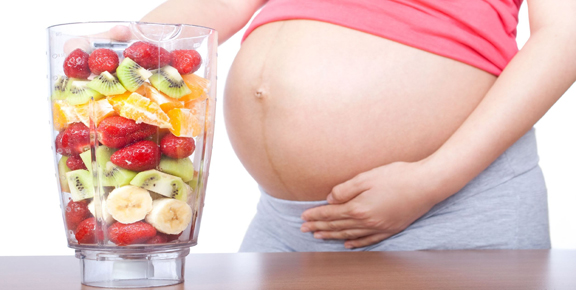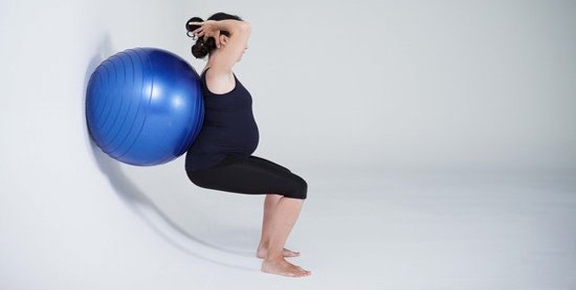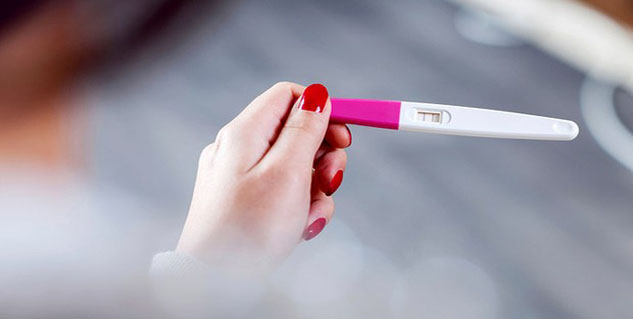Pregnancy is a crucial phase in a woman’s life. Everything from how you exercise to what you
eat holds a renewed significant during these nine months. Out of all the adjustments a
pregnant women needs to make, nutrition ranks amongst the highest. After all, ‘You are eating
for two’. However, this mainly refers to the quality of your food and not really its quantity.
Doubling your intake isn’t necessary, but a healthy, simple, and varied diet is what you really
need. Here’s what you should and shouldn’t eat in a nutshell.
Good Nutrition and Calories
Calories provide your baby with energy and help your baby gain weight. That does not mean
greatly up your food and calorie consumption. Precisely, you need about 1,800 calories in your
first trimester, 2,200 calories in your second trimester, and 2,400 calories in your last trimester
every day for the good nutrition during pregnancy. That’s roughly about 300 extra calories as compared
to what a non-pregnant woman needs.
Vitamins and Minerals During Pregnancy
Vitamin B12 and Folic Acid:
You need 400 mcg of folic acid every day, especially in your first trimester. Folic acid prevents
anomalies of the neural tube like spina bifida and folate deficiency anemia. Moreover, you may
also add folate fortified cereals, poultry, eggs, meat, and fish to your diet for additional doses of
this nutrient.
A pregnant woman requires 27 mg of iron from her diet in a day. Increased blood volume and
blood loss during childbirth are likely to increase your risk of iron-deficiency anemia. Hence,
reinforcement with oral iron supplements and foods like chicken and beef liver, pork loin chops,
turkey, fish, fenugreek, tofu, lentils, raisins, bananas, dates, and apples helps prevent anemia
and keeps the oxygen flowing to the baby.
Calcium and vitamin D
Calcium and vitamin D play an important role in the development of the fetal bones and teeth.
For good nutrition during pregnancy, a woman needs 1000 mg of calcium every day. Hence, a 500 mg
calcium and vitamin D supplement daily and foods like milk and milk products are recommended.
DHA:
DHA helps with the development of the fetal brain and vision. Now a days, folic acid
supplements with additional DHA is easily available too, so you may speak to your doctor about
one. Additionally, eating more fatty fish and DHA fortified cereals is also recommended for good nutrition
during pregnancy.
Iodine:
Pregnant women are at an increased risk of an underactive thyroid gland or hypothyroidism, a
possible risk factor for mental retardation in the baby. Iodine is important in keeping your
thyroid gland healthy and running normally. Hence, iodized salt, seafood, kombu, seaweeds,
swiss chard, and vegetables cultivated in iodine enriched soil, etc. are recommended by most
doctors. However, also remember that iodine is good but only in moderation; too much of it
may also lead to hypothyroidism.
Vitamin C:
Vitamin C also known as ascorbic acid improves the iron absorption capacity of your body and
boosts your immunity. Consume more citrus fruits, tomatoes, cranberries, lime juice, and
broccoli to get enough of it.
Good Nutrition: The Don’t
Avoid soft cheese, fish that may contain mercury, and undercooked meat like steaks and sushi,
as they may contain harmful bacteria such as salmonella and listeria. Also, avoid alcohol and
tobacco smoke or nicotine and cut down on your caffeine intake as these substances may harm
your baby. Skipping meals or dieting is also out, to avoid hypoglycemia and its effects on the
baby.



Recent Comments